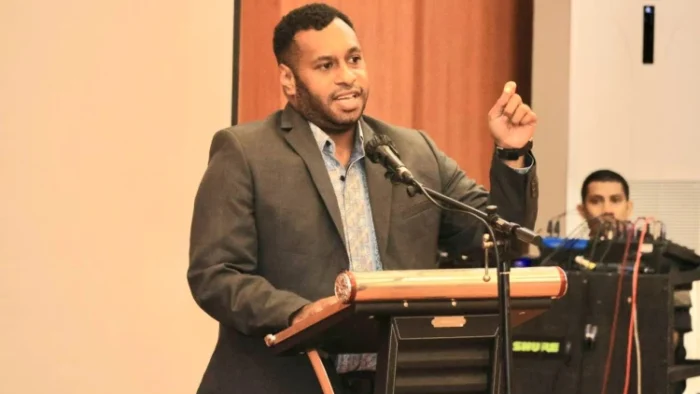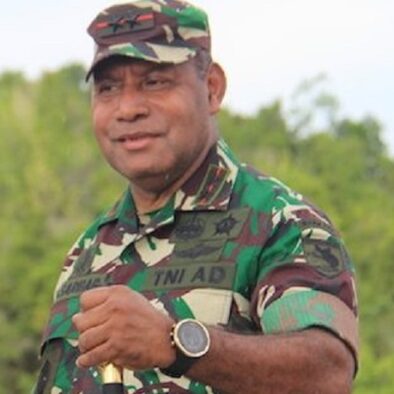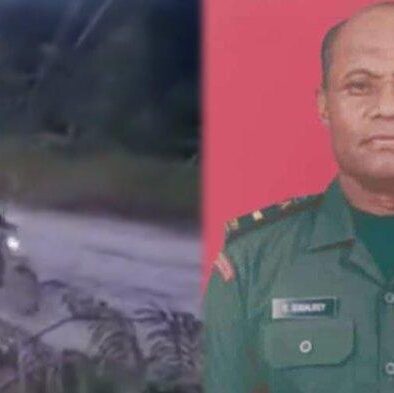Thelandofpapua.com – In a recent statement, Steve Mara, the Chairman of the Melanesian Youth Diplomacy Forum (MYDIF), has firmly asserted the legitimacy of the 1969 Act of Free Choice (PEPERA) process, citing adherence to international principles. Mara’s remarks come in response to calls from the West Papua Liberation Organization (WPLO) for the United Nations to intervene in freeing Papua from Indonesia, voiced during the UN session held from April 15 to 26, 2024, in New York, United States.
John Anari, representing WPLO, contends that the UN bears responsibility for its actions in transferring Papua to Indonesia in 1963, despite the region’s initial path toward independence when the Netherlands relinquished control. Anari further questions the validity of resolution 2504, highlighting flaws in the process due to the Act of Free Choice’s alleged exclusion of Papua’s entire population in 1969.
Steve Mara emphasized the legitimacy of the 1969 Act of Free Choice, underscoring its adherence to international principles. He outlined the process’s initiation with the appointment of UN Representative for West Irian (UNRWI), Ortiz Sanz, on April 1, 1968. Mara detailed the subsequent journey of Sanz and his team, leading to the PEPERA schedule receipt by UNRWI on May 30, 1969. PEPERA, conducted from July 14 to August 2, 1969, across eight regions, witnessed a significant portion of attendees opting to remain with Indonesia.
Mara clarified that WPLO’s appeal to the UN General Assembly for intervention falls outside the institution’s procedural context, emphasizing that resolutions must originate from member states or groups. He encouraged WPLO to acquaint itself with UN General Assembly documents governing initiative rights to avoid misunderstandings.
Addressing WPLO’s demand for UN accountability regarding Papua’s transfer to Indonesia in 1963, Mara asserted that the 1969 Act of Free Choice facilitated accountability, with Papuan integration into Indonesia validated by the Papuan people’s choice. He reiterated the UN’s adherence to principles of non-intervention in state sovereignty, emphasizing Papua’s demonstrated legitimacy and participation in state-building efforts.
Mara concluded by advocating for a forward-looking approach among Papua’s leaders, urging knowledge sharing and encouragement for the younger generation to prepare for and safeguard against future challenges. He emphasized support for the government to foster peace and prosperity in Papua.
As debates surrounding Papua’s historical and present status persist, Mara’s remarks underscore the complexities and sensitivities involved, highlighting the importance of comprehensive understanding and dialogue in addressing these issues



